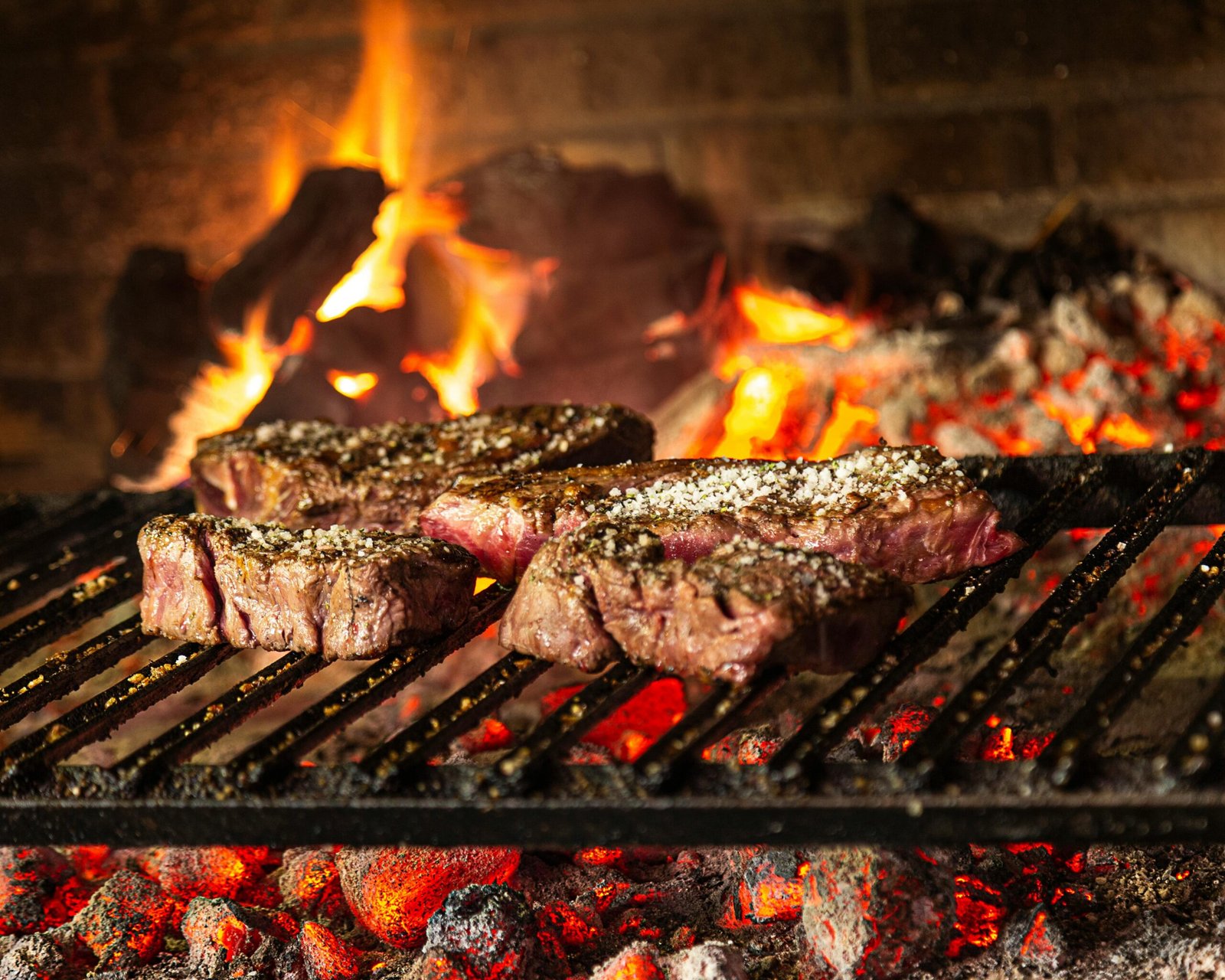Mastering the Art of Smoking Brisket on a Pellet Grill
Smoking brisket is often considered the holy grail of barbecue, and doing it justice on a pellet grill requires finesse and attention to detail. Whether you’re a seasoned pitmaster or a beginner looking to elevate your grilling game, mastering the art of smoking brisket on a pellet grill can be a rewarding journey. In this comprehensive guide, we’ll walk you through the steps, techniques, and tips to help you achieve that perfect smoked brisket every time.
Selecting the Brisket
The journey to a mouthwatering smoked brisket starts with selecting the right cut. Look for a brisket with good marbling and a thick fat cap. The marbling adds flavor and moisture, while the fat cap protects the meat during the long smoking process.
Trimming the Brisket
Before seasoning, trim any excess fat from the brisket, leaving about a quarter-inch layer. Trimming helps the seasoning penetrate the meat more effectively and promotes even cooking.
Seasoning Your Brisket
Apply a generous amount of seasoning or rub to all sides of the brisket. The seasoning can be as simple as salt and pepper or a complex blend of spices, depending on your taste preferences. Allow the seasoned brisket to rest for at least an hour in the refrigerator, or ideally overnight, to let the flavors meld. Here is a good seasoning for brisket
Preheating Your Pellet Grill
Preheat your pellet grill to a temperature range of 225°F to 250°F. This low and slow cooking method is key to achieving tender, flavorful brisket. Ensure your pellet grill is clean and properly maintained for optimal performance.
Choosing Wood Pellets
Select wood pellets that complement the flavor of beef. Popular choices include hickory, oak, mesquite, or a blend of hardwoods. The type of wood you choose will influence the final taste of your smoked brisket. We recommend these all natural pellets
Placing and Monitoring the Brisket
Place the brisket fat side up on the grill grates. Insert a meat probe into the thickest part of the brisket to monitor the internal temperature. Aim for an internal temperature of 195°F to 203°F for tender brisket. You’ll need a reliable meat thermometer
Maintaining Smoke and Moisture
Keep the smoke rolling by periodically checking and adding more wood pellets to the grill hopper. Consider using a water pan or spritzing the brisket with a mixture of water and apple cider vinegar to keep it moist during the smoking process.
Dealing with the Stall
During cooking, the brisket may experience a stall where the internal temperature plateaus. This is normal. You can wrap the brisket in foil or butcher paper to help push through the stall faster without sacrificing tenderness.
Resting and Slicing
Once the brisket reaches the desired internal temperature, remove it from the grill and let it rest for at least 30 minutes. Resting allows the juices to redistribute, resulting in a juicier brisket. When slicing, cut against the grain for maximum tenderness.
Serving and Enjoying
Serve your smoked brisket with classic barbecue sides like coleslaw, baked beans, or cornbread. Don’t forget to savor the smoky aroma and tender texture of your masterpiece.
Tips for Success
- Use a digital meat thermometer to accurately monitor the internal temperature of the brisket.
- Experiment with different wood pellet flavors to discover your favorite combination.
- Practice patience during the cooking process, as low and slow smoking is key to tender brisket.
- Keep your pellet grill clean and well-maintained for best results
